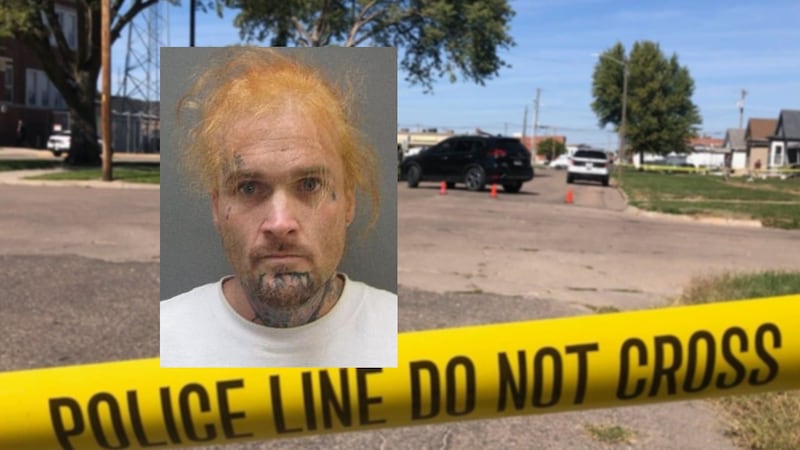Doctors push for more HPV vaccinations

The Human Papillomavirus is the most common STI in the United States. About 79 million Americans are infected with HPV and the vaccination has been shown to prevent deadly cancers.
Lori Johnson could have never needed to sit through a single cancer treatment if there was a vaccination for HPV when she was young. Now she is battling cervical cancer, which almost all cases are caused by HPV.
“I mean it never really was anything I paid attention to until I had my own kids and I made sure that they were vaccinated,” Johnson said. “Especially my daughter just this year since I was diagnosed.”
While she is in remission now, doctors said it is likely it will come back in the next few years.
The vaccine only became available in 2006 and the CDC, just this week, approved for people up to 45 to be able to receive the vaccine, raising it from the previous age of 26. the HPV shot can be given to boys and girls starting at age 11. It was previously believed that only girls could be affected by HPV but it has been found that boys can suffer from it as well.
“We want to give this shot before they would ever become sexually active because if you wait and they get exposed to hpv then the vaccine doesn't work,” Family Physician Zachary Frey said.
Some parents worry that giving the vaccine early can open kids up to sexual relationships. But studies show this is not the case and being educated on the risk has decreased sexual activity.
There are many strains of HPV, but the vaccine targets nine that can cause cervical, anal, oral, head, and neck cancers. Once someone is infected it can take between 10-30 years for a tumor to form.
“I can not highlight enough the importance in the prevention in this particular type of cancer,” Morrison Cancer Center Dr. Mehmet Copur said. “We have a lot of other cancers but this one easily can be prevented and I would even say if we apply the vaccine properly we could eradicate cervical cancer.”
Johnson now hopes more people will be vaccinated to help prevent something she never imagined could happen to her years before.
“Maybe I shouldn't have made some of the choices I made when I was younger and maybe I wouldn't be going through this right now,” Johnson said.
The vaccine is shown to be over 95% effective in preventing high risk HPV infections. But doctors at the Morrison Cancer Center say not enough people are getting vaccinated to help curb the growing rate of HPV related cancers.









